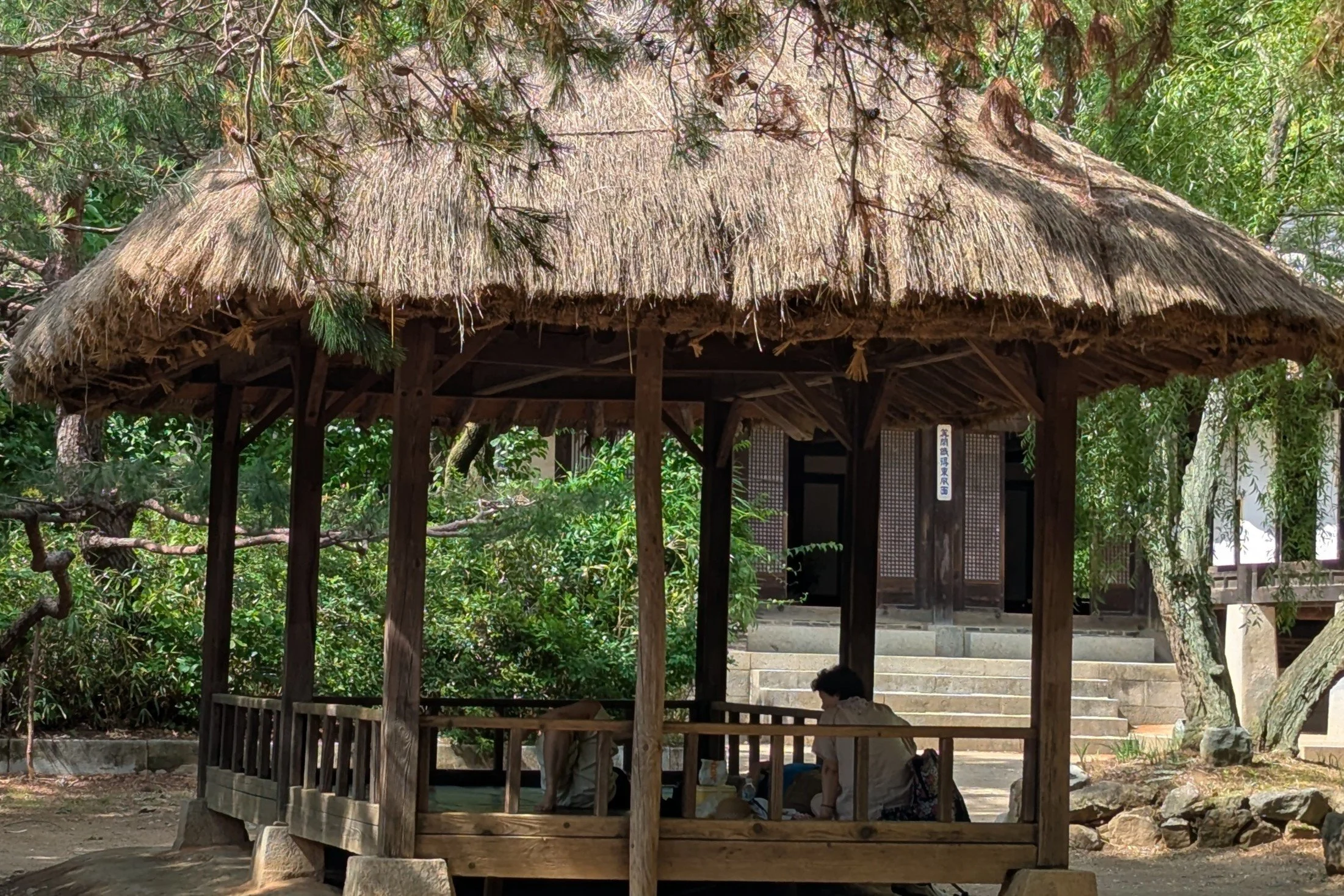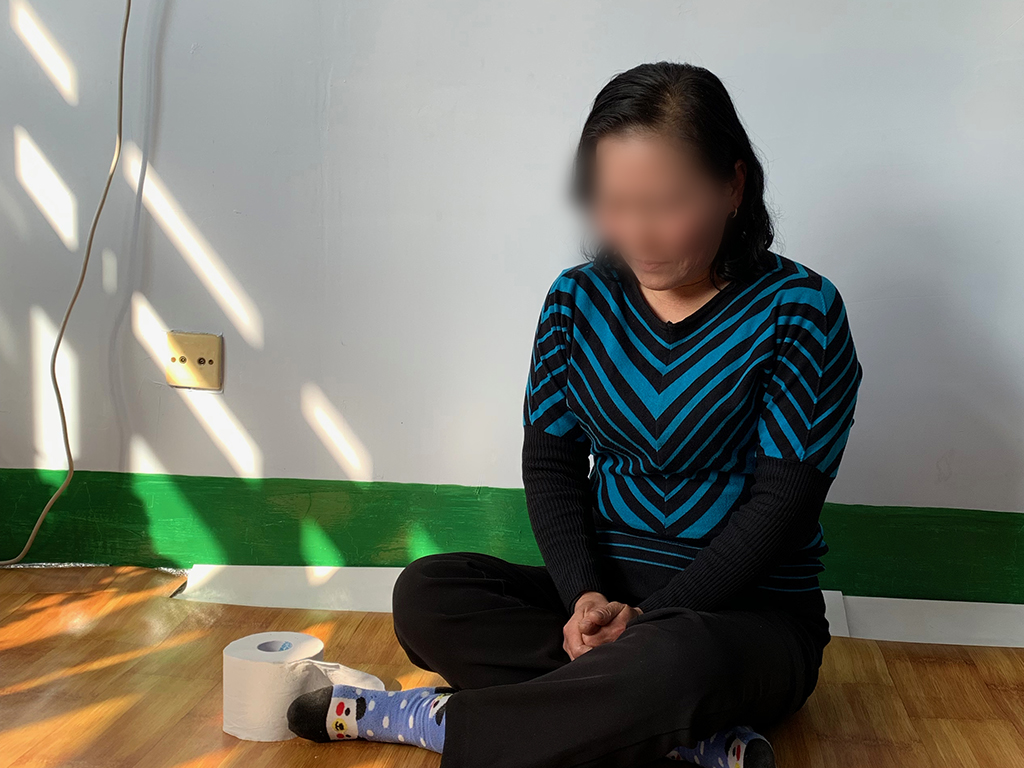When Lydia crossed into China in 2005, she did so believing it was for a temporary one-month job to make ends meet. But she was deceived. Traffickers sold her to a Chinese man, and that promised “job” stretched into nine long years of hiding, fear, and loneliness.
During that time, Lydia gave birth to a baby girl — the first light in a season of deep despair. But her heart ached for the son she had left behind in North Korea, a boy who thought she would return to in 30 days. Instead, years went by, and she wondered what had become of him, and the life he was living without his mother.
When Crossing Borders first connected with Lydia, she lamented, “My days were filled with sighs. I would wake up each morning thinking, ‘How will I live through today?’” *
“My days were filled with sighs. I would wake up each morning thinking,
‘How will I live through today?’”
How God Hedged Lydia In:
A Safe Network
Our field workers in China provided Lydia with a lifeline — people she could trust, people who understood the risk she was taking just by existing in China. Through this network, she was able to face her isolation in a community.Spiritual Care
Over time, Lydia began to hear the good news of Jesus. She encountered believers who lovingly shared the gospel message with her, offering a message of forgiveness and hope— she began to see herself not just as a refugee, but as a child of God.Emotional Healing
Through Crossing Borders’ help, Lydia was able to find a place where she could process her trauma in a compassionate community, through her newfound relationship with Jesus.
A Turn Toward New Life
Lydia’s transformation wasn’t immediate. And over the years, she told our staff that she no longer lives just for money or escape. With a new hope, she set her gaze upon something greater. She carries within her a new song of dependence on God rather than a constant fear of what might come tomorrow.
Though she may never be reunited with her son, she holds onto the promise that God sees her, knows her, and loves her. Her story is a testament to what Crossing Borders is about: not just helping refugees survive, but helping bring restoration — emotionally, spiritually, and physically.
Why This Matters for #GivingTuesday 2025
Your partnership leads to real, lasting change. It isn’t just a one-time fix — your investment helps create safe networks, spiritual care, and long-term relationships.
Refugees like Lydia need hope. Many remain hidden in China, living day to day, afraid and alone. Through our work, they can hear the gospel and experience the love of Christ in very tangible ways.
Transformation takes time — and care. Every courageous step (crossing a border, opening up to someone, trusting God again) is built over time and in community. That’s why Crossing Borders’ presence on the ground matters.
Stories like Lydia’s give us great hope. The same Jesus who heals our refugees’ broken hearts and binds up their wounds is the one who bore judgment and separation from God so they never have to. When our refugees are confronted by the immovable love of Christ—when Jesus tells them that they are seen, known, and treasured—their hearts begin to move from brokenness to wholeness, peace and praise, the bookends of Psalm 147.
"He heals the brokenhearted and binds up their wounds." Psalm 147:3 ESV
This Thanksgiving season, we are so grateful for your investment in this ministry. Thank you for your prayers.
Psalm 147 is our focus for Giving Tuesday this year. Our goal is to raise $30,000 in by Wednesday, December 3rd, to ensure our care and the healing work of Jesus will continue to reach many more North Korean refugees like Lydia.
*As security risks continue to rise at an alarming rate in China, we are intentional in sharing fewer details about current situations for the protection of every refugee we work with in China. Lydia’s story is from our archives and reflects the work we continue to do.

























